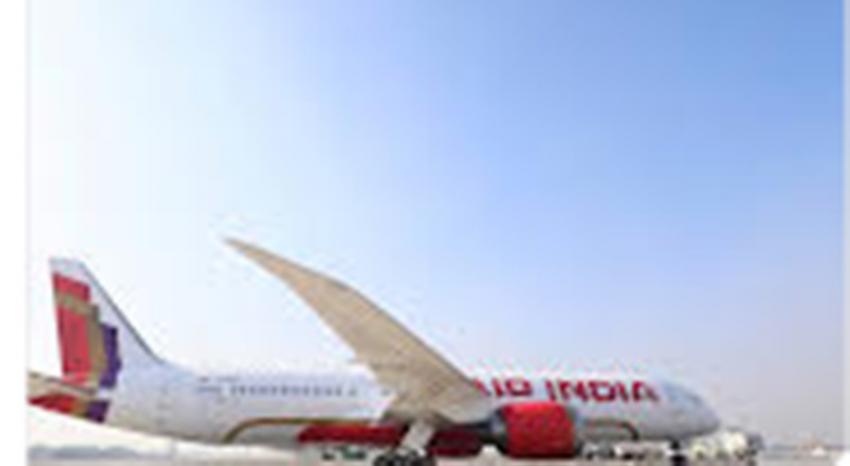19 Oct 2017, 10:14 am

Technology is an enabler which allows the private and public players to come together and provide digital financial services to the low income households in remote as well as urban areas. Innovative digital technologies have enabled launch of numerous digital financial services across more than 80 countries in the world as per GSMA 2014.The report shows that mobile grew dramatically over the previous decade with only slightly shy of half the total population of the world.
The GSMA 2017 shows that subscriber growth is pivoted to Asia and more than two-thirds of the world’s population now has a mobile connection. That is stupendous growth in mobile penetration in just under three years. The younger generation has shown an uptake to 4G enabled smartphones and broadband connections. 55% of the total connections are 3G or 4G mobile broadband connections. Smartphones are a personal device and this statistic shows the depth of internet and smartphone penetration.
As per GSMA 2017, mobile services generated 4.4% of global GDP which is roughly $3.3 trillion in terms of economic value. Mobile sector thus contributes hugely to global employment and funding of the public sector and thus to economic development. But more importantly, mobile sector unleashes a great potential platform for the finance sector. The infrastructure that has already been set up by the mobile sector is now being utilized for providing digital financial services.
With digital technology receiving upgrades at a very fast pace, the opportunity for the finance sector is also great. Many fintechstartups, telephone companies and niche payment platforms are coming up in the wake of this digital evolution. This means that traditional financial institutions need to match pace with these companies in order to stay relevant. The best remedy for this is to collaborate instead of competing. Banks and other financial institutions can get into tie-ups with fintechcompanies and use their technology to provide financial services.
Digital banking is in fact becoming imperative. With AI and big data looming large, the oncoming era will be hugely data driven. In this rapidly changing scenario, it is only fitting of the finance sector to keep up to speed. Digital money and digital financial services give the facilities of financial inclusion to masses on their fingertips, literally. For people who could have never thought about getting a loan or any form of credit or even saving their money would now be able to do so.
Digital money and digital financial services are empowering people. Since customer is always king, this obviously means that financial institutions and banks will have to resort to innovative ways of customer acquisition, engagement and retention over a substantial period. This is especially so because a large part of the customer base will be formed of millennials who are very low on patience and looking for speed in whatever they do. They are aware of the latest technology and would expect the financial service providers to stay at par with technology. Investments can be a key differentiator for banks among the several mushrooming digital financial service providers and they should leverage it.
The boom in digital technology is visible in the burgeoning e-commerce sector. China is the largest market for online retail with $681 billion in sales followed by the United States. India is the fastest growing online retail market. According to a Forrester research study, online retail via mobile is pegged to grow at a CAGR of 15.6% and is expected to reach $1 trillion in 2020 compared to $539 billion in 2016. The growth of online purchase necessitates use of digital money. The online financial transactions are thus poised to be catapulted in the coming future. Financial institutions and banks must be ready and equipped to handle this surge in online financial transactions.
But these are all the positive aspects of the highly digitized environment. The downside to technological advancement is the proportionate rise in hacking and phishing technologies and cyber security threats. Banks and other financial institutions need to stay on top of cyber threats and security issues. Otherwise the trust that these institutions have built over decades can be lost in a single security disaster. It will also put to risk the investment made in upgrading to digital technology and render it useless.
- ‘This Union budget is about building capacity, not chasing short-term consumption’
- AI will replace surgeons, coders — and billions of jobs, warns Sraddhalu Ranade at MCHD-SKC Memorial Lecture
- Religion without servility: Journalist Anshul Chaturvedi on why Vivekananda speaks to believers and atheists alike
- Culturist Sundeep Bhutoria unveils anthology When Gods Don't Matter at Jaipur LitFest 2026
- Kolkata CP urges elderly to stay alert against digital scams at ‘Pronam’ interaction
- Sona Incubations, Salem picks 17 startups for Rs 11 Mn DST investment, grant
- Visva-Bharati University unveils a transformational roadmap under Vice-Chancellor Dr. Probir Kumar Ghosh
- Sona College of Technology hosts Think Salem 2025: To spur startup opportunity from Tier-2 Cities
- ACM India unveils National AI Olympiad 2026 to spot school talent for global AI stage
- Reject Macaulayan education, reclaim Indian values: H M Bangur’s big World Hindu Economic Forum pitch
Gurgaon : Air India, India’s leading global airline, has unveiled a completely refreshed beverage collection, one that brings together some of the world’s most celebrated wines and spirits at 35,000 feet on international routes.
Indian airline major Air India today announced a significant enhancement to its popular Mumbai-Frankfurt route, with the deployment of its newly delivered, first line-fit (or made-for-Air India)
Saudia, the national flag carrier of Saudi Arabia, and Air India, India’s leading global airline, have signed a codeshare agreement that will take effect in February.





